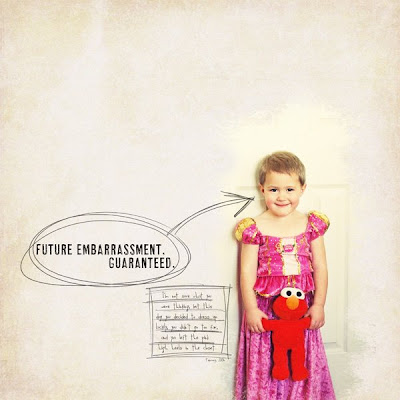Thursday, December 10, 2009
I need courage.
Tuesday, December 8, 2009
The Blind Side
Tuesday, December 1, 2009
Cosby

Uncomfortable
Once Again
.jpg)

Monday, November 23, 2009
Am I Thelma, or Louise?

Tuesday, November 3, 2009
As the table turns
Thursday, October 29, 2009
Complexity


Tuesday, October 27, 2009
Fantasyland

Is Buffy REALLY the root of it?

Thursday, October 8, 2009
Who is the Monster?


Thursday, October 1, 2009
Behind every smile
Tuesday, September 29, 2009
Oh, you want me to be Wonder Woman?

After trying to brainstorm for this blog post, I have realized that I have so much anger within this very concept of having to lump my feelings into an assigned group. I fall into the category of being a Liberal Feminist for the most part, because I do think in order for female advancement, women have to throw themselves into typically male-occupied jobs and positions. BUT, in my opinion, this does NOT mean that each individual woman is required to choose a career. To me, it means that every woman deserves the exact opportunity to CHOOSE a career. To assert that all women must choose a career creates an idea not that she can be anything, but that she must be everything. She must be a mother, a wife, hold a profession, and ultimately be presentable, if not beautiful.
It boils down to sacrifice. Women, biologically, are given the ability to give birth. This ability has correlated into the mother having sole responsibility for the home. BUT the last time I checked, it takes not only an egg, but a sperm as well to conceive a child. A man, the father, has just as much responsibility to raise the child as the mother does.
I truly believe that the LIberal Feminist Movement has just created the desire in women to feel the need to be everything. I want to know how men feel about this. Do they feel like they have to be everything? Do they feel less of a man when they do not make it home for dinner, when they don't check in with their wives to tell them how beautiful they are, or when they don't spend enough time with their kids??
Progress HAS to be made within the way women are projected in the media. Pornography HAS to be seen not as a way for a man to live his fantasy, but rather a form of cheating on his wife. Above all, I truly believe not only women, but men too, must be me socialized to think that any choice they choose for their lives, whether in the work force or in the home or both, is accepted by society.
Thursday, September 24, 2009
Do NOT let him wear her clothes!

I am still so ashamed looking back on this situation. I was 16, and I guess I did not realize just how wrong the mother's reaction really was. Not only will that encourage him to never play with his sister's toys again, but it will enforce his to believe that anyone male engaging in an activity outside of the male set gender roles is wrong.



